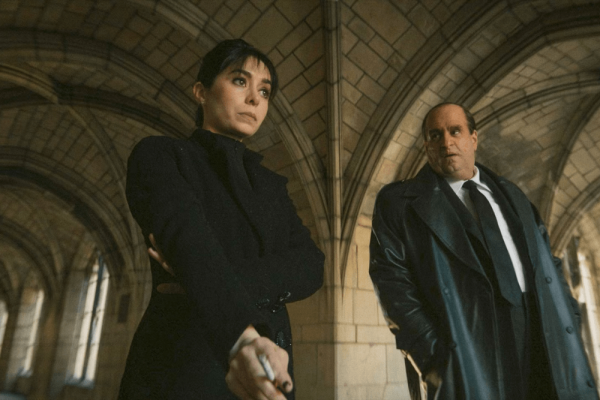Dec 18, 2024
Over the course of the HBO series The Penguin, Sofia Gigante transforms from abused daughter of Gotham City mobster Carmine Falcone to a proper supervillain, the head of her own crime family. Sofia has chosen a new surname for herself. By going from Falcone to Gigante, she signals that she’s different from her father. Sure, Sofia’s still committing crimes (like he did) and killing people (like he did), but she's convinced there’s something righteous in her ascension: Her rise to power represents a rejection of the misogyny that’s always plagued her.
Read the Full Article

Already a subscriber? Login
